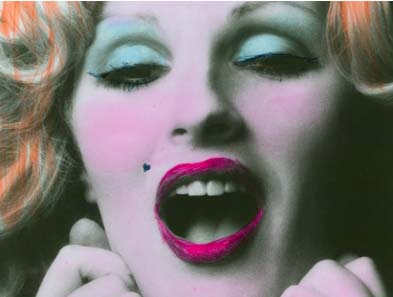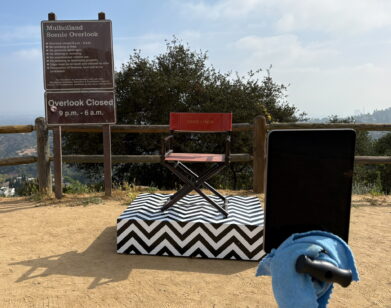Candy Says

“I am not a genuine woman,” wrote underground film star Candy Darling in her diary, “I am not interested in being genuine. I am interested in the product of being a woman and how qualified I am.”
Armed with this sophisticated and slippery view, as well as a well-developed understanding of the subtleties of glamour and fame, Darling became one of the best known denizens of Andy Warhol’s factory.
James Lawrence Slattery moved to New York City at a time when it was illegal to walk the streets wearing women’s clothing. She emerged as Candy Darling, a nascent off-Broadway performer of ethereal beauty. A fixture at Warhol’s factory and Max’s Kansas City, Darling was immortalized in the Lou Reed songs “Candy Says” and “Take A Walk on the Wild Side,” as well as Warhol’s films Flesh and Women in Revolt.
Beautiful Darling: The Life and Times of Candy Darling, Andy Warhol Superstar, James Raisin’s documentary about the Factory icon, made its world premiere at the Berlin Film Festival last month, and will have its US premiere on April 2nd in New York as part of New Directors/New Films 2010. Raisin’s film offers compelling insight into Candy’s quest for personal discovery and self-actualization. An engaging mixture of archival footage, diary entries, letters, and contemporary interviews, Beautiful Darling benefits from the archive of Darling’s devoted friend Jeremiah Newton. Shortly after Darling’s death, Newton began interviewing contemporaries such as Tennessee Williams, Jackie Curtis, and Valerie Solanas. Coupled with contemporary interviews with John Waters, Fran Lebowitz, Paul Morrissey, and Gerard Malanga, Beautiful Darling is not only the story of a pop cultural icon, but also a sensitive portrait of one of America’s first openly transgendered public figures.






